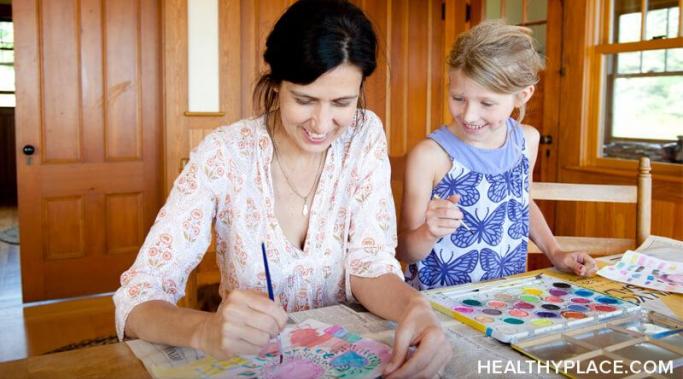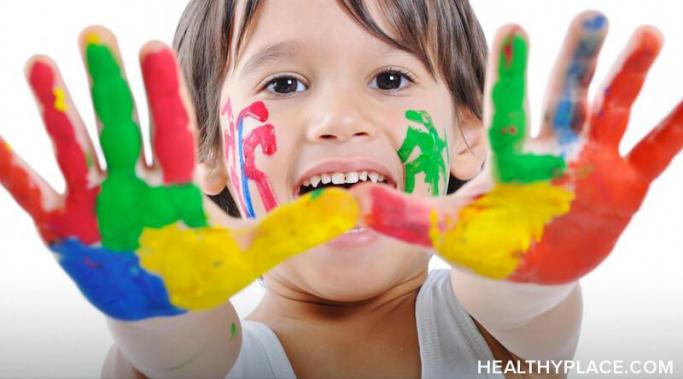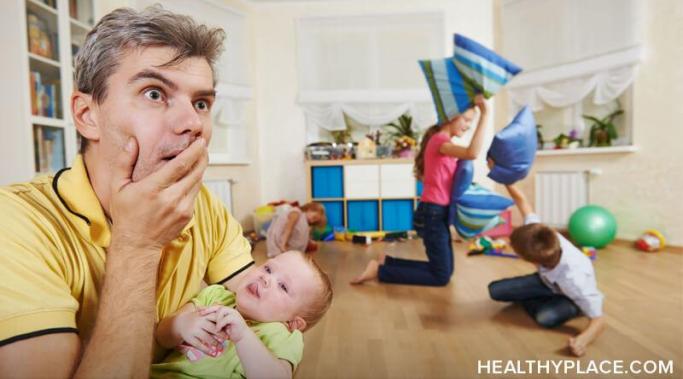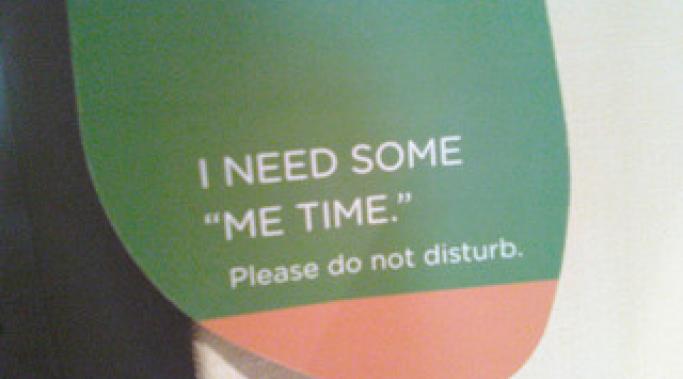One afternoon, I talked to a friend after work about the disconnection I've been feeling lately with my child. My kid argues with almost everything I say (at least, it feels like everything), he never stops talking or moving, and he's been having problems at school. Sometimes I feel like I'm losing control of the situation because I'm not always sure what to do about my child's mental illness, much less how to treat it. What my friend asked me next was, "Have you tried coloring with him?"
Working Parents
Since I author a blog about raising a child with mental illness, you'd think I'd be an expert at handling my own child's attention-deficit/hyperactivity disorder (ADHD), but that's definitely not the case. Some days I feel overwhelmed by the mental, emotional, and physical toll that this job can take. I'm pretty sure I'm not alone, either.
Because of the COVID-19 pandemic, my local school system has closed until further notice. The problem is, I still have a child with attention-deficit/hyperactivity disorder (ADHD) at home who needs to learn, grow, and stay busy. I still have a full-time job and a pile of bills that aren't going anywhere. And I still wrestle with a lot of depression and anxiety that makes it difficult to hold everything down without the reprieve of an eight-hour school day. So what's the trick? How have I learned to take care of my child's ADHD, education, and all of my other responsibilities in the face of such unpredictable school closures?
Once again, I'm going to admit something that's difficult to bring up because that's what Life with Bob is all about--transparency and honesty. So here goes: sometimes I feel burned out parenting a child with mental illness. I have found ways to cope, but parental burnout has still lodged its way into my life and my family's lives. It's affected the relationship I have with my son and the relationship I have with myself. What is parental burnout, and what can you do about it when you have a child with mental illness?
In case you haven't noticed, COVID-19 has transformed how everyone gets everything done, including how we parent in this pandemic. It's especially changed how I raise a child with attention-deficit/hyperactivity disorder (ADHD).
As Bob approaches his teen years (only one more month to go), I’m reminded of how important conversations will be, now more than ever. Words are powerful. Not only do they have the potential to build up; they also have the potential to hurt. With Bob, I’ve tried to use words that are loving, helpful and kind. But, I’m reminded of how hurtful words can be especially when I think of my own childhood and teen years.
Focus on the small victories? What does that mean? It means that you need to focus on the little things rather than the big ones. For parents of a child with mental illness, it is often hard to see the little things; to notice the small wins that kids have. Especially children who act out or have frequent behavioral problems. Bob recently had an issue at school and I was reminded of something that happened with my father. I chose to focus on small victories. And this focus helped Bob.
To keep your cool while parenting a child with mental illness sometimes takes every drop of your energy. Especially when you're annoyed, upset, cranky, irritated or just plain stressed out. Getting upset is a normal thing for all people, but it takes a few tricks to keep your anger in check. And when you can keep your cool, your child will, too. Here are three steps you can use to keep your anger in check and calm down.
I talk a great deal about self-care for parenting a child with mental illness. The task isn't easy. Not only are you responsible for this child, but you also need to address his or her mental illness. We spend so much time caring for our kids that we don't have time to care for ourselves.
There is no such thing as a perfect parent, but there are imperfect parents everywhere. I'm one of them. It is amazing how much I expect to be a great parent, not a perfect one, but a great one. Especially because I'm a single, working mom with a special needs child. And even more so when Bob is dealing with a tough situation.





